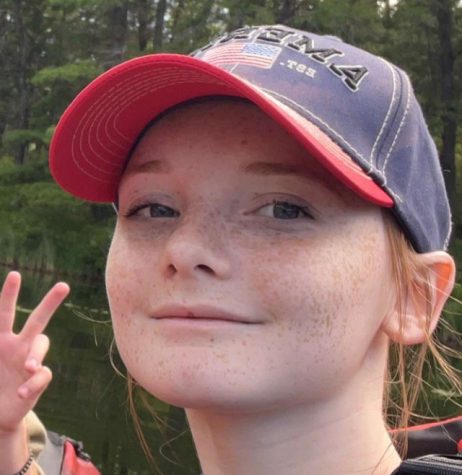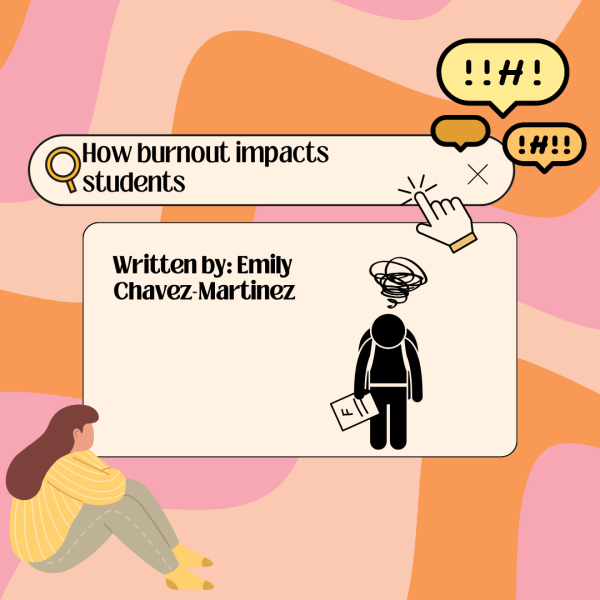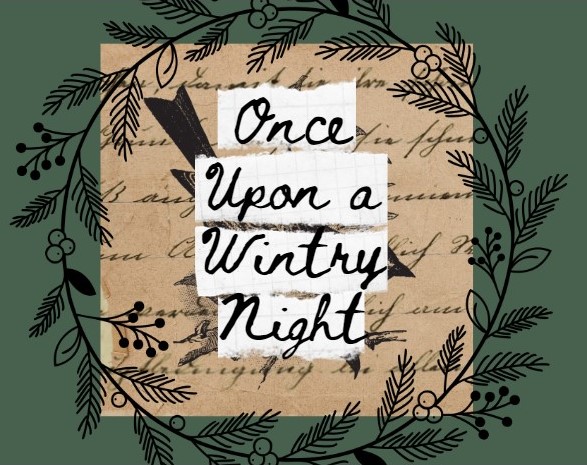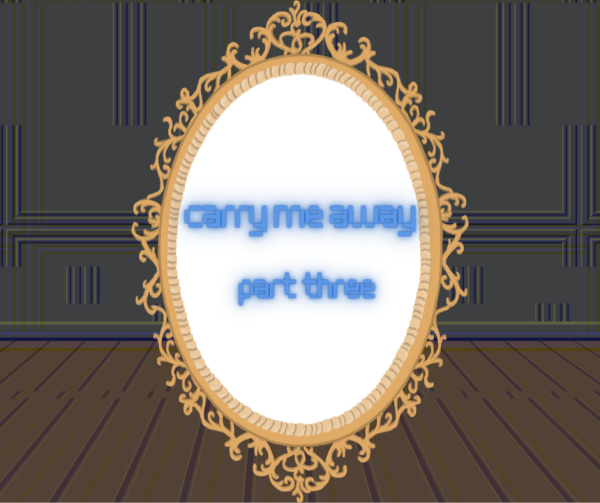Hidden Voices: The Women Who Changed History (Part 2)
A continuation of the first article, “Hidden Voices: The Women Who Changed History (Part 1).” This is a Black History Month feature.
With the current celebratory month being Black History Month, it seems fitting to discuss the African American women who have had their voices silenced through the years.

Althea Gibson (1927-2003)
Althea Gibson was the first African American woman who absolutely dominated the tennis tournaments. She was born on August 25th, 1927, in South Carolina, but grew up in New York. Althea began her tennis career by playing in the New York Police Athletic League, and then progressed into other tournaments later. In 1942, at the age of 15, she won the American Tennis Tournament. In 1947, she took the singles competition of the American Tennis Tournament. Then, later in her career, she won the Wimbledon, French, and the U.S. single’s tournaments. In short, Gibson was a beast, and she was an incredibly influential athlete for many African American women (Britannica).

Sadie Tanner Mossell Alexander (1898-1989)
Sadie Tanner Mossell was the first African American woman to practice law and graduate from the University of Pennsylvania’s Law School. She was born in Philadelphia in 1898, and her family was full of academic scholars. Several of her family members had graduated from universities, but she was one of the first Black women who received a PH.D. Despite the Ph.D., she struggled to find a job, so she returned to school and joined Pennsylvania’s Bar for Law practice. After, she joined her husband’s practice, and later was appointed as the Assistant City Solicitor for the City of Philadelphia. She also served on President Truman’s Committee on Human Rights, the Human Relations Commission of the City of Philadelphia, and finally was appointed as the chair of the White House Conference on Aging until she was removed by Ronald Reagan (University of Pennsylvania).

Audre Lorde
Audre Lorde was an influential poet who discussed social injustices such as sexism, racism, classism, and homophobia. Lorde was born in New York City and graduated from Hunter High School. While in high school, she published her first poem, sparking her interest to pursue it further. Lorde later graduated from Hunter College, and first became a librarian, and then later became poet-in-residence at Tougaloo College. She used her life experiences to combat and teach subjects through her poetry, and focused on teaching feministic ideas, observing the ideas of the critical race theory, and the struggles of being queer. Her works eventually sprawled across the nation, gaining national recognition, causing her to receive the National Endowment for the Arts (Poetry Foundation).

Ella Baker
Ella Baker was a political activist who was a major player in the civil rights movement. Baker was born in Virginia on December 13th, 1903, and died December 13th, 1986. After moving to New York, she founded the Young Negroes Cooperative League, which assisted individuals with the cost of services and items. She later joined the National Association for the Advancement of Colored People, and eventually reached the position of field director, but resigned from the position due to the controlling nature of the association. After the boycott in Montgomery occurred, Baker founded the In Friendship to fund the civil rights movement. A few years after, alongside Martin Luther King Jr., she founded the Southern Christian Leadership Conference, and she served as the director. In 1960, she left SCLC to assist the Student Nonviolent Coordinating Committee, which became one of the largest committees to advocate for civil and human rights (Britannica).

Daisy Gatson Bates (1914-1999)
Daisy Gatson Bates was another civil rights activist who published for own newspaper, named The Arkansas Weekly, that was solely focused on the Civil Rights Movement. When Daisy was young, her mother was killed by three white males, exposing her to racial violence and injustice when she was merely a child. But, after publishing the paper, she joined the National Association for the Advancement of Colored People, serving as the President of the Arkansas Chapter. Bates also rallied the African American students to join all-white schools, publicly shaming the schools who did not allow to students to join in her newspaper. Bates was also behind Little Rock Nine, which was formed to protect African American students when they were attending school. She personally drove students to the school to protect them from violent mobs. Unfortunately, her newspaper was shut down due to the seemingly endless threats she received from people, but she never stopped fighting for civil rights, even after she settled (National Women’s History Museum).
Your donation will support the student journalists of Dakota High School. Your contribution will allow us to purchase equipment and cover our annual website hosting costs.

Jade Lilly is a senior at Dakota High School. This is her first year writing for the Dakota Planet, but she has plenty of experience towards writing professional...






